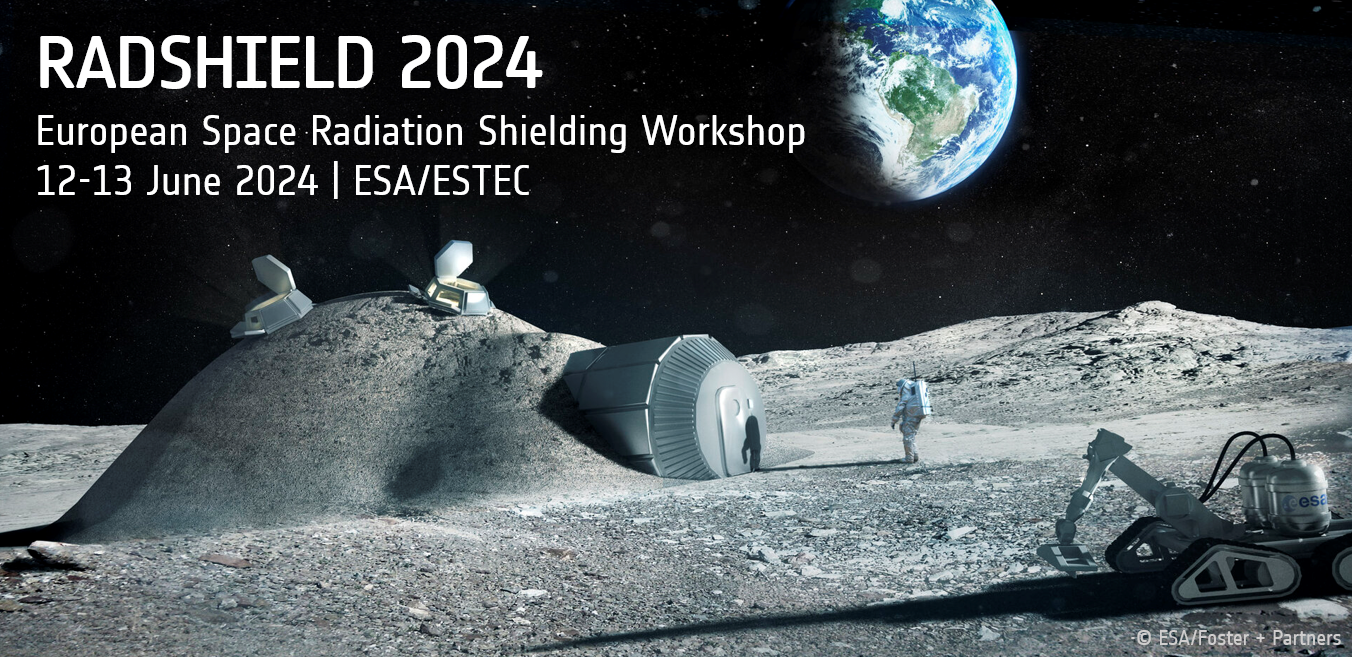Speaker
Description
MRADSIM is an innovative modular software toolkit developed to simulate the effects of radiation on electronic components, human beings and materials. It has innovative features to increase parametric precision and to decrease computing time while adding additional functions to perform modular calculations specific for a range of applications. MRADSIM will be the first simulation toolkit using innovative AI/ML algorithms aiming to effectively identify potential problems induced by radiation thus helping to implement mitigation techniques to prevent catastrophic failures on mission-critical systems. These systems could be Earth based (manmade or natural) or space-borne. Unique features of MRADSIM will position it among the front-line tools to study the radiation susceptibility of the systems. The researchers from INFN (National Institute for Nuclear Physics) are the debuggers and commenters of MRADSIM.
MRADSIM needs to elaborate the following information: The detailed full geometry information in which there exists DUTs to be analyzed (i. e. electronic components inside satellites, large nuclear plants in which there is electronic/electromechanical instrumentation or human beings as targets) in a houses or habitats etc), selection of the DUTs to be analyzed, creation of radiation source model (nuclear explosion, local space radiation, radiotherapy sources, particle accelerators etc.). The transport of radiation from the source to the DUTs in order to analyze radiation effects on target materials and design appropriate radiation effects mitigations strategies if required. The modular architecture of MRADSIM allows to be easily tailored for various group of applications, so that the customers can choose the version that best fits to the type of DUTs/analysis they need to perform.
The cross-platform architectural design approach of the application is one of the most innovative aspects of MRADSIM, besides its best-in-class simulation and analysis capabilities, because it provides a seamless integration into existing customer infrastructures and minimizes changes in customer application. As a unique feature of MRADSIM, paramount importance has given to the implementation of innovative Artificial Intelligence (AI) and Machine Learning (ML) techniques to answer to the ever-increasing requirements of different markets to simulate the effects of radiation in many new application fields. The AI/ML use will provide possibility to simulate very large and complex projects exposed to harsh radiation environments by minimizing the need to use of large computing resources, long execution times as well as the necessity of the involvement of very highly skilled specialists [a very scarce resource] to run the projects.

